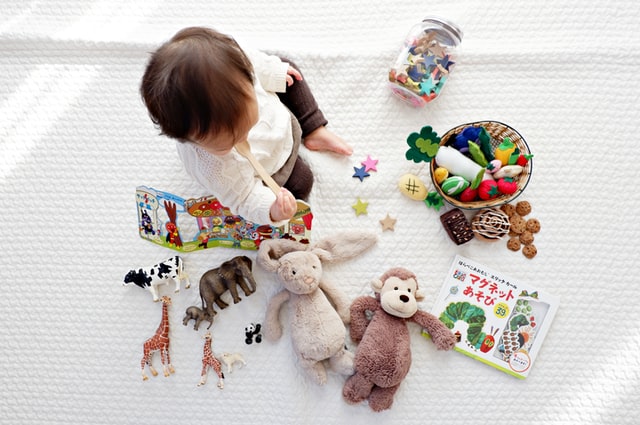Four new Ofsted reports published today concluded that Covid-19 restrictions have left students struggling with mental health issues, and babies and toddlers struggling to crawl and communicate.
The 4 reports, which follow on from those published in December, draw on evidence from around 280 inspections and multiple focus groups.
Today’s report finds that the pandemic continued to hinder pupils’ learning and personal development into this year. Leaders still described gaps in pupils’ knowledge, particularly in mathematics, phonics and writing stamina. However, compared with last term, more leaders said these gaps were closing.
Inspectors saw schools were using effective strategies to check what pupils have learned and to adapt the curriculum to fill gaps in knowledge and skills. Some schools were using regular assessment to identify what pupils have remembered and providing time to revisit concepts that had not been learned well remotely.
The pandemic’s impact on some pupils’ mental health and well-being remained a concern. Leaders talked about pupils having lower levels of resilience and confidence, and increased levels of anxiety. Many schools were providing in-house support for these pupils because external agencies often had long wait times. This has been particularly challenging for special schools, who rely on a lot of support from other agencies.
The new reports also find that the pandemic has continued to affect young children’s communication and language development, with many providers noticing delays in speech and language. Others said babies have struggled to respond to basic facial expressions, which may be due to reduced social interaction during the pandemic.
The negative impact on children’s personal, social and emotional development has also continued, with many lacking confidence in group activities.
Children’s social and friendship-building skills have been affected. Some providers reported that toddlers and preschoolers needed more support with sharing and turn-taking. To address this, staff were providing as many opportunities as possible for children to mix with others and build confidence in social situations.
There continues to be an impact on children’s physical development, including delays in babies learning to crawl and walk. Some providers reported that children had regressed in their independence and self-care skills. As a result, several have increased the amount of time children spend on physical activities, to develop gross motor skills.
Wales secretary Simon Hart told Sky News this morning that the full Covid-19 inquiry set to begin this spring, will look into issues including education and early years development. He admitted that the government will “learn some very frank lessons” from the probe.
When quizzed over how he thinks history will judge the government’s support for children, Hart hit back: “I think the Covid inquiry will do a number of things. As far as I am concerned the sooner it concludes the better.
“I think what it will show is that some of the decisions which have been taken over the last couple of years which people have been highly critical of have actually been very sensible decisions in very rapidly changing circumstances where we were learning as we went along.
“I think that when we look back at did we go into lockdown too soon, too late, what were the considerations, what was the effect on kids’ education and life chances, I think that is where we will learn some very frank lessons.”












